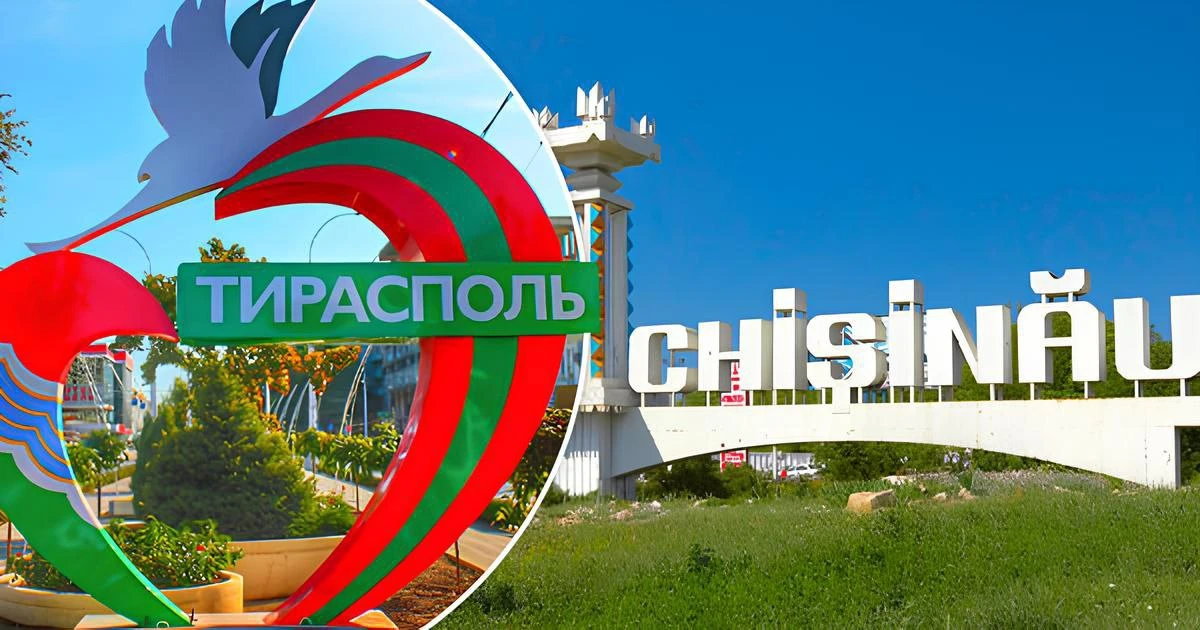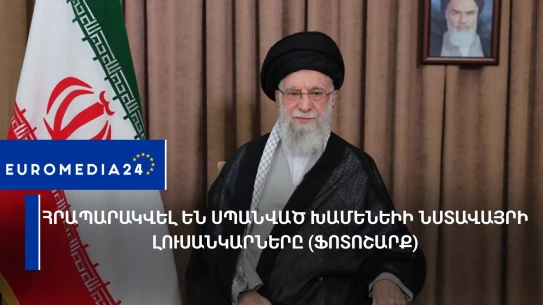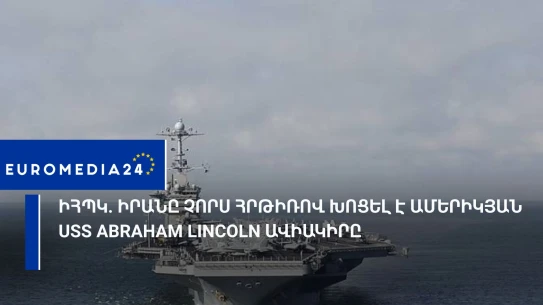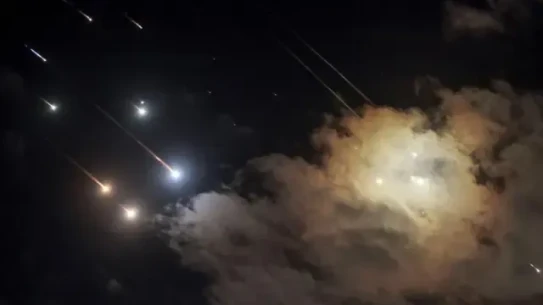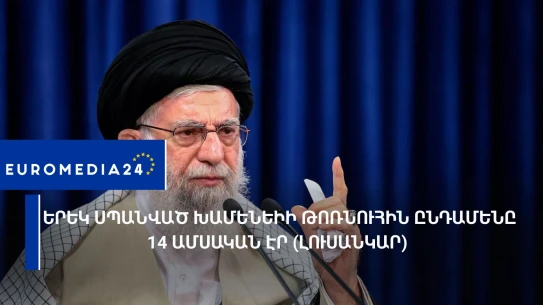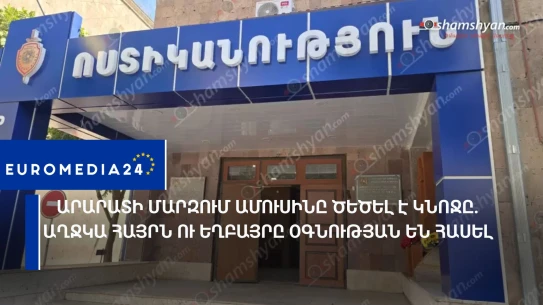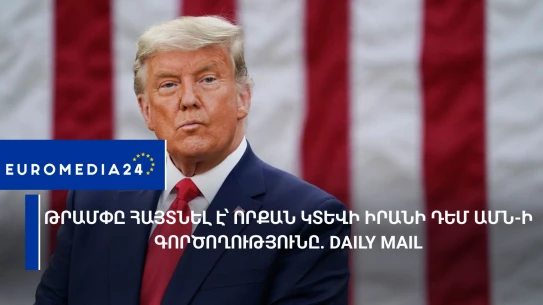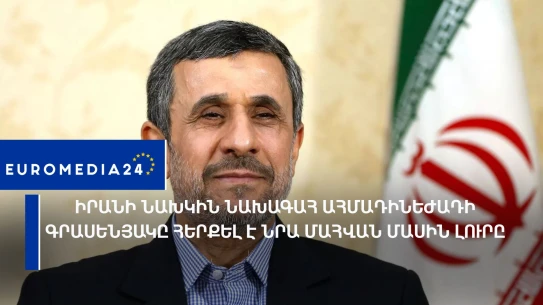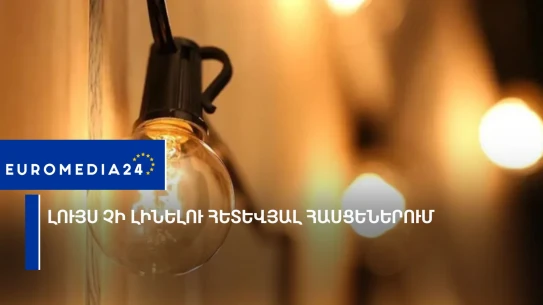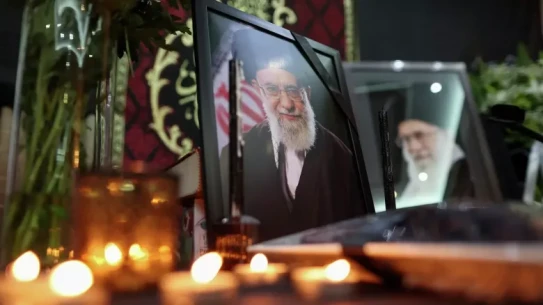On May 17, the Pridnestrovian side proposed that Chisinau conclude a declaration of commitment to peaceful methods of settlement between the PMR and Moldova. The head of Transnistria, Vadim Krasnoselsky, on July 2, at a meeting with the head of the European Union delegation to Moldova, Janis Mazeiks, said that Chisinau rejects the proposal to sign such a document.
“Transnistria has sent another version of this document, which, it seems to me, if there is political will, is absolutely acceptable on the part of Chisinau. We are waiting for the reaction of the Moldovan side,” Ignatiev said on the First Pridnestrovsky TV channel.
The head of the PMR Foreign Ministry recalled that Tiraspol’s initiative to conclude a declaration of commitment to peaceful methods of settlement between Pridnestrovie and Moldova was supported by all participants in the negotiation process, including the Russian Federation. “It is important for us that if we do have a point of rapprochement in the form of signing this document so that the Moldovan side not only voiced these mutual obligations, but also did everything to prevent escalation of tension," Ignatiev noted.
The negotiations on the Transnistrian settlement in the “5+2” format involve Chisinau and Tiraspol as parties to the conflict, Russia, Ukraine, the OSCE as mediators, the European Union and the United States as observers. The last meeting at the level of foreign ministers of the mediating and observer countries took place in the fall of 2019 in Bratislava.
Transnistria, 60% of whose inhabitants are Russians and Ukrainians, sought secession from Moldova in the last years of the existence of the USSR. The reason for this was fears that, in the wake of nationalist protests, Moldova would join Romania. In 1992, after an unsuccessful attempt by Chisinau to solve the problem by force, Transnistria became a virtually independent territory.
















